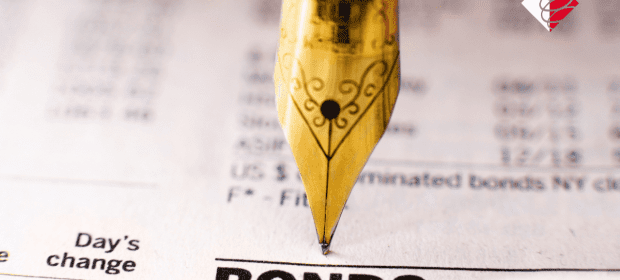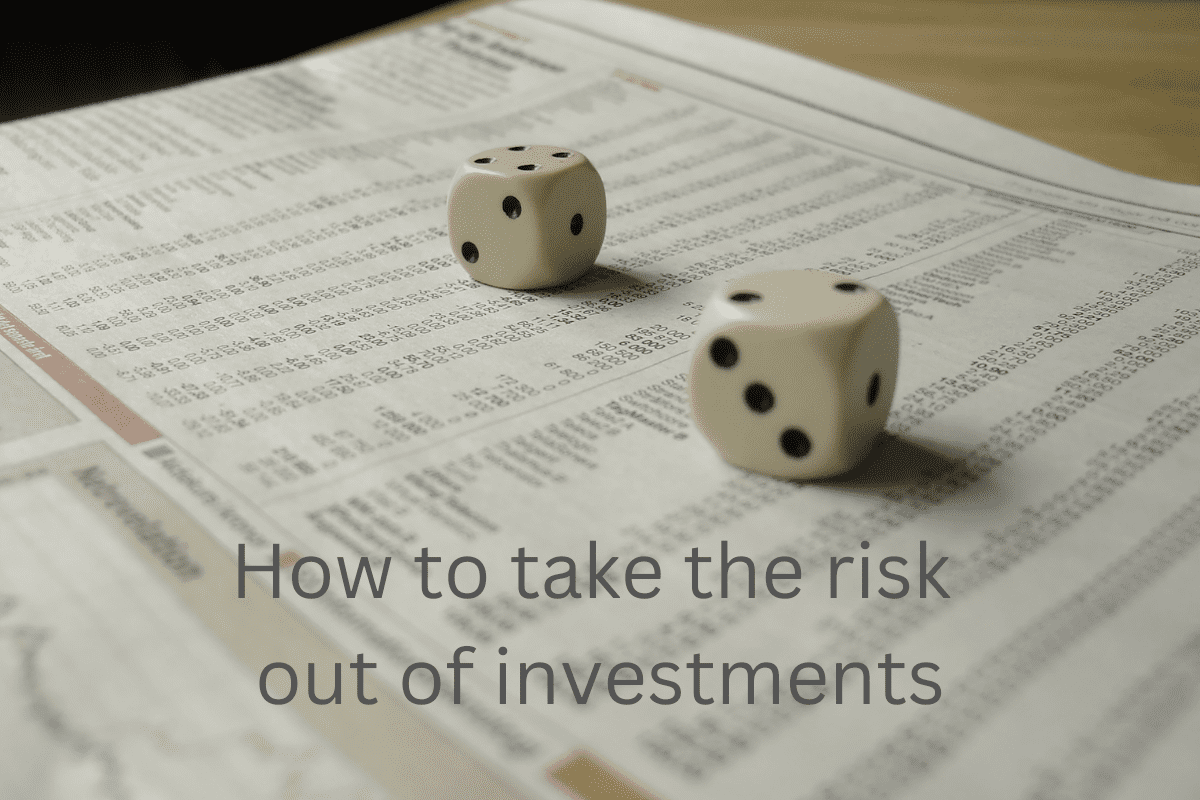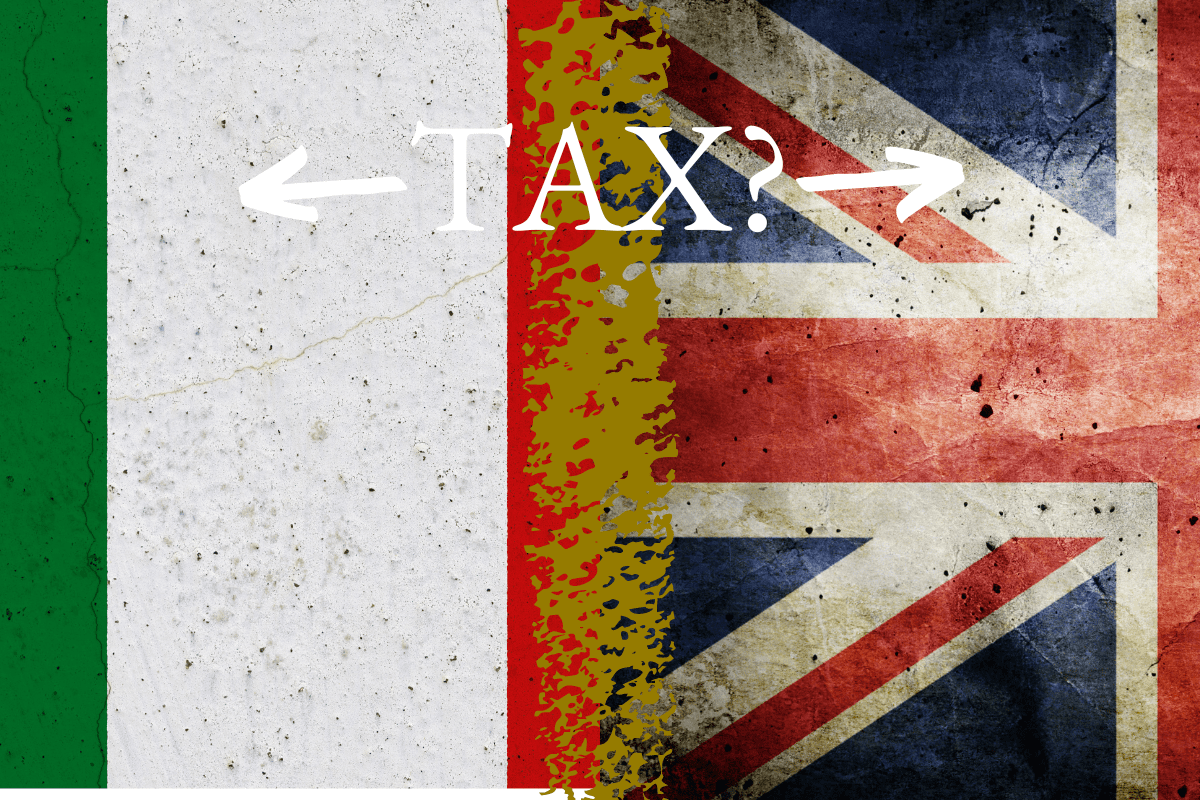In this article I want to explore trust in business, although the two in the title have always been synonymous with each other. Trusts were created at the time of the Crusades in the Middle Ages to enable the Crusader Knights to leave their estates in the hands of someone they alone trusted. To this day you place your trust in someone to look after your assets which is why that someone is called a trustee.
Trust is an abstract concept and without it business could not function – certainly not at the volumes and levels it does – or else one would be reduced to solely carrying out transactions which were guaranteed by some 3rd party.
In financial services, trust is the basic ingredient, the bedrock, the lubricant if you like, which allows the flow of capital to its destination for the good of both individuals and companies. In Spectrum’s case, it is of course for the benefit and well being of our private clients. It must be remembered that Spectrum’s business model is built neither on publicity nor advertising, but on referrals. This means that if new clients come to us because they know of someone who has benefited from our services, they do so solely on trust.
Spectrum in turn places its trust in its providers (whether they be tax lawyers, life assurance companies or pension trust companies) and investment houses. We are responsible for the financial well being of all our clients and for that reason we have to be very careful in whom we place our trust. We are not in the risk business but in the wealth preservation business, for today’s clients and their future generations.


















